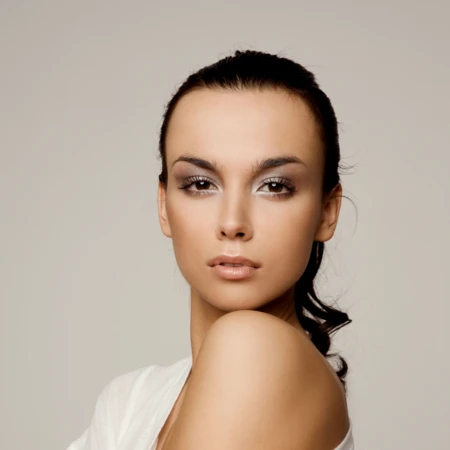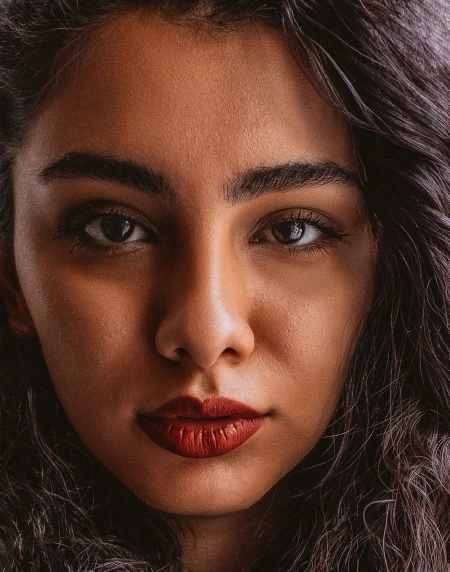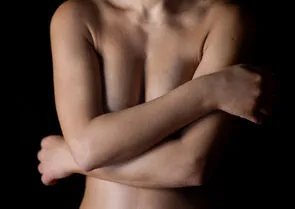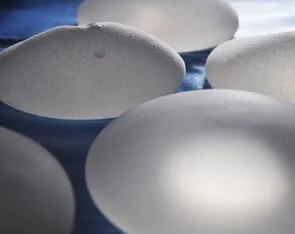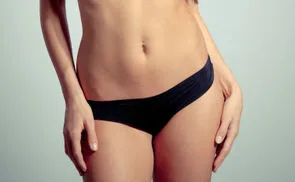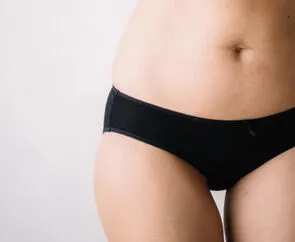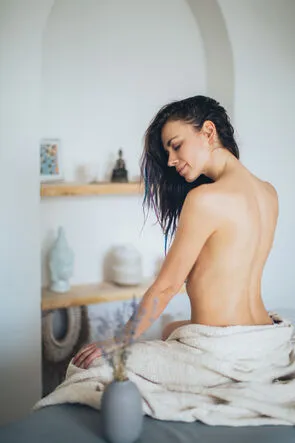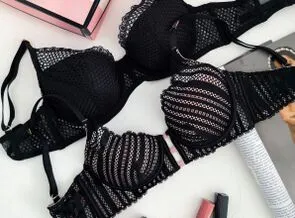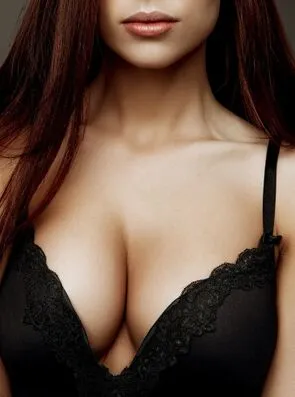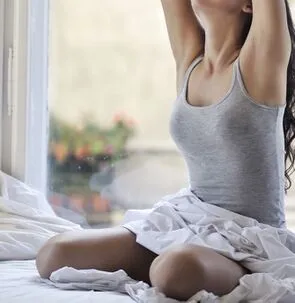- Breast Surgery
- Breast Enlargement
- Breast Implant Replacement
- Breast Lift
- Breast Reconstruction
- Breast Reduction
- Natural Breast Enlargement
- Nipple Reduction View All
Cadogan Clinic offers a full range of cosmetic breast surgery to help make the changes you want to your breasts under the guidance of the best surgeons in the UK.
- Body Surgery
- Abdominoplasty
- Arm Lift
- Brazilian Butt Lift (BBL)
- Buttock Lift
- Cellulite Treatment
- Extended Tummy Tuck
- Foot Surgery
- Hand Surgery
- Hernia Surgery
- Laser Liposuction
- Liposuction
- 360 Liposuction
- Mons Lift
- Mummy Makeover
- Scar Revision
- Skinny BBL
- Thigh Lift
- Umbilicoplasty View All
Cadogan Clinic offers a range of cosmetic surgery to help make the changes you want to your body under the guidance of the very best surgeons in the UK.
- Cosmetic Gynaecology
- Hoodectomy
- Labiaplasty
- Vaginal Rejuvenation
- Vaginal Tightening (Vaginoplasty) View All
Cadogan Clinic provides a wide range of cosmetic gynaecological surgery procedures performed by a multi-disciplinary team of the best surgeons in the UK.
- Facial Surgery
- Alar Base Reduction (Alarplasty)
- Blepharoplasty (Eyelid Surgery)
- Brow Lift
- Chin Augmentation (Chin Implants)
- Chin Liposuction
- Earlobe Repair
- Facelift
- Lip Lift
- Micro Facelift
- Mini Facelift
- Neck Lift
- Nose Tip Rhinoplasty
- Otoplasty (Ear Reshaping)
- Rhinoplasty
- Septoplasty View All
Cadogan Clinic offers a wide range of facial cosmetic surgery procedures to help you make the changes you want, under the guidance of the very best surgeons.
- Fat Transfer
- Fat Transfer to Face
- Fat Transfer to Body
- Fat Transfer to Breasts View All
Fat transfer, also referred to as fat grafting and lipofilling, has become widely accepted as the optimal means of soft-tissue filling in all areas of the body, including the face, breasts, hands and buttocks
- Gender Surgery
- Facial Feminisation Surgery
- FTM Top Surgery
- MTF Top Surgery View All
Gender dysphoria is a term used to describe how an individual feels a strong sense of disassociation between their gender identity and biological sex.
- For Men
- Abdominoplasty for Men
- Andrology
- Blepharoplasty for Men
- Brazilian Butt Lift (BBL) for Men
- Face Lift for Men
- Hair Transplant
- Liposuction for Men
- Male Breast Reduction
- Otoplasty for Men
- Rhinoplasty for Men View All
Cadogan Clinic provides both female and male cosmetic surgery. Almost all of our procedures are suitable for men as well as women.
- Surgical Aftercare
- Scar Management View All
Below you will find some key information to help you prepare for surgery and make necessary arrangements to ensure you have the support you need and that everything runs smoothly on the day.
- Your Journey With Us View All
Cadogan Clinic is a leading specialist cosmetic surgery clinic based in the heart of London. We’re home to the leading specialists in Breast Augmentation, Liposuction, and a comprehensive range of face, breast and body treatments.
View all Cosmetic SurgeryCadogan Clinic is a leading specialist cosmetic surgery clinic based in the heart of London. We’re home to the leading specialists in Breast Augmentation, Liposuction, and a comprehensive range of face, breast and body treatments.
- Injectables
- Anti-Wrinkle Injections
- Dermal Fillers
- Lip Fillers
- Non-Surgical Facelift
- Non-Surgical Rhinoplasty
- Sculptra
- Tear Trough Filler View All
There are many factors which contribute to ageing skin and when deciding on a treatment solution, these are important to consider.
- Skin Rejuvenation
- Microneedling (Dermapen)
- Morpheus8 Treatment
- Non-Surgical Eyelid Reduction (Plexr)
- Scars (Hypertrophic & Keloid)
- Varicose Veins View All
At the Cadogan Clinic, we offer a comprehensive range of non-surgical cosmetic treatments, to refresh and rejuvenate your appearance.
View All
Cadogan Clinic is a leading non-surgical cosmetic clinic based in the heart of London. We’re home to some of the leading injectables and dermal filler specialists, and are experts in the anti-ageing and skin rejuvenation process.
View all Non-SurgicalCadogan Clinic is a leading non-surgical cosmetic clinic based in the heart of London. We’re home to some of the leading injectables and dermal filler specialists, and are experts in the anti-ageing and skin rejuvenation process.
- General Dermatology
- Acne Treatments
- Bacterial Skin Infections
- Dermatitis
- Eczema
- Excess Hair Growth
- Hair Loss Treatment
- Hyperhidrosis (Excessive Sweating)
- Milia Removal
- Paediatric Dermatology
- Pigmentation
- Psoriasis
- Rosacea
- Skin Allergies
- Skin Health MOT
- Vaginal Dermatology
- Verruca Removal
- Viral Skin Infections View All
Skin is incredibly important to your health and your appearance. The Cadogan Clinic has one of the largest and experienced teams of consultant dermatologists.
- Mole & Skin Cancer
- Cryotherapy
- Cyst Removal
- Lipoma Removal
- Mohs Surgery
- Mole Check
- Mole Removal
- Skin Cancers and Melanomas
- Skin Lumps (Warts, Moles, Skin Tags) View All
We are all becoming increasingly aware of the risks posed by sun damage to the skin, as well as the need to protect our skin in day-to-day life.
View All
Cadogan Clinic is a leading dermatology clinic based in the heart of London. We’re home to some of the leading acne, eczema and rosacea specialists, and are experts in the mole and skin cancer diagnosis and removal process.
View all DermatologyCadogan Clinic is a leading dermatology clinic based in the heart of London. We’re home to some of the leading acne, eczema and rosacea specialists, and are experts in the mole and skin cancer diagnosis and removal process.
- Andrology
- Adult Circumcision
- Erectile Dysfunction
- Frenuloplasty
- Male Fertility
- Penile Implants
- Peyronie's Disease
- Premature Ejaculation
- Vasectomy View All
We are experts in a wide range of Andrology treatments, in both elective and medical conditions.
- Cosmetic Surgery
- Dermatology
- Gynaecology
- Coil Insertion / Removal
- Colposcopy
- Hysterectomy
- Hysteroscopy
- Myomectomy (Fibroid Removal)
- Ovarian Cystectomy
- Perineum and Pelvic Floor Repair
- Prolapse Surgery
- Polyp Removal
- Vulvectomy View All
Cadogan Clinic provides a wide range of cosmetic gynaecological surgery procedures performed by a multi-disciplinary team of the best surgeons in the UK.
- Non Surgical
- Podiatry (Foot Surgery)
- Bunion Surgery
- Cinderella Foot Surgery
- Corn Removal
- Foot Cysts
- Toe Shortening & Straightening View All
Cosmetic foot surgery can help by firstly eliminating the sources of chronic pain or deformity and secondly, reshaping the feet for aesthetic appeal, often resulting in smaller, slimmer feet with a reduced shoe size.
View All
Cadogan Clinic is a leading day case centre of excellence based in the heart of London. Alongside our international team of plastic surgeons and dermatologists, we’re home to some of the leading gynaecologists, ophthalmologists, podiatrists and urologists in the country.
View all DepartmentsCadogan Clinic is a leading day case centre of excellence based in the heart of London. Alongside our international team of plastic surgeons and dermatologists, we’re home to some of the leading gynaecologists, ophthalmologists, podiatrists and urologists in the country.


